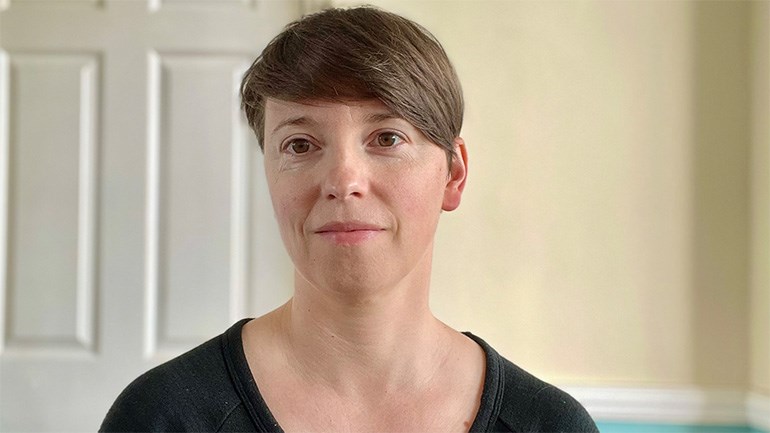Russia using children as political pawns in war against Ukraine

"It is clear that in Russia only the lives of certain children are seen as worthy of grieving," says researcher Maria Brock.
The war against Ukraine is not only a military show of power, it also sheds light on Russian family policy and the view of which children are deemed worthy of protection. In a new study, researcher Maria Brock discusses how the invasion of Ukraine is being used to promote Christian values and a belief in the traditional family.
In an article in the scientific journal Lambda Nordica, Brock argues that the rhetoric of child protection rarely applies to all children, and in fact often involves decisions about whose lives are worth protecting and whose are not.
The idea is that you have to instil values in children. As a future citizen, you must support the army and, as a woman, produce more future soldiers.
Maria Brock
“The protection applies to heterosexual children; according to Russian law, children must be protected from teachings about the LGBTQ+ community. The paradox is that one claims to protect children by denying them knowledge about certain issues, and the assumption that the child being protected is considered heterosexual,” says Brock.
She believes that controlling the child's sexuality in order to protect the child has become a marker of the difference between Russia and the West; in light of this rhetoric, it has been seen that the role of the Orthodox Church in Russia has grown since the invasion.
Since the start of the war, thousands of Ukrainian children have been injured, killed or abducted. When the packed train station in Krematorsk in Ukraine was bombed in April last year, the text "for the children" had been painted on one of the bombs – a stark message defending Russia against the "decadent" West.
“The Russian regime has always wanted to control the population, but it has found a new focus with the war. The national idea is that Russian children should live and be protected within the framework of traditional family structures with a mother, father and siblings. Ukrainian children do not have the same value,” says Brock.
The article is part of the larger research project, The child as a symbol of 'traditional values' in anti-gender movements: a comparative study between Russia and Germany. Brock has gone through a large number of Russian speeches, pictures, films and various forms of texts, and found the politics of traditional family values is about establishing a universal norm against what the Russian regime portrays as the moral decay of the West.
“Because Ukraine is getting closer to Europe and NATO, it has left these supposed correct values behind,” says Brock.
As in the Second World War, the propaganda focuses on Russia liberating the world from Nazism; school children are asked to write patriotic poems and songs for the soldiers fighting in Ukraine.
“The idea is that you have to instil values in children. As a future citizen, you must support the army and, as a woman, produce more future soldiers,” says Brock.
Text: Magnus Jando & Adrian Grist